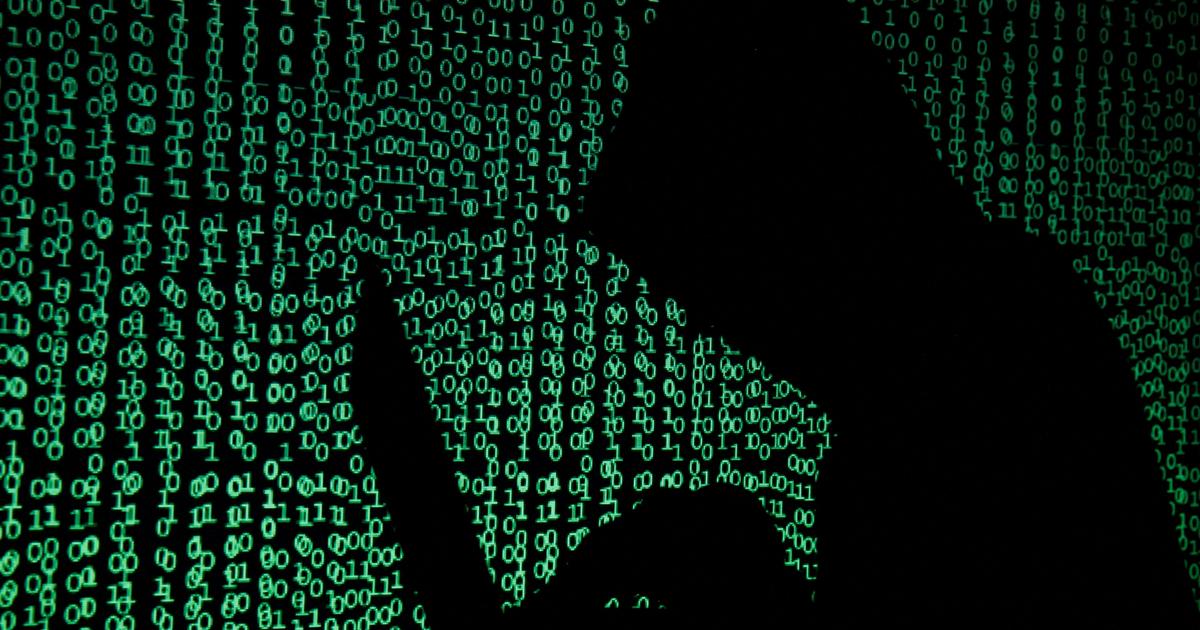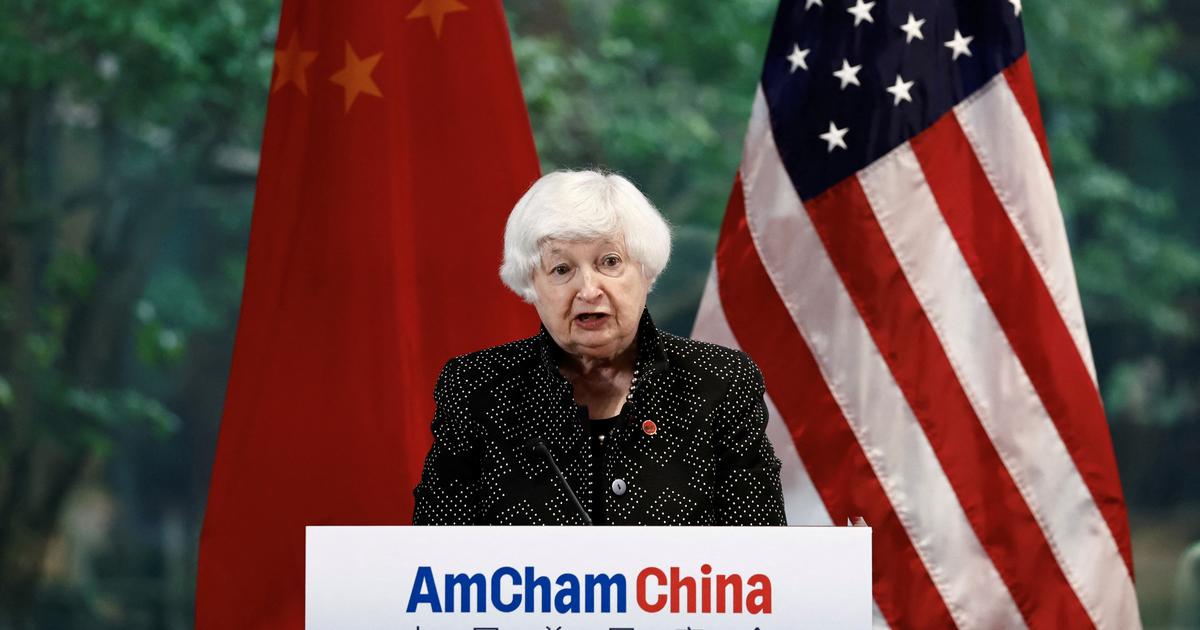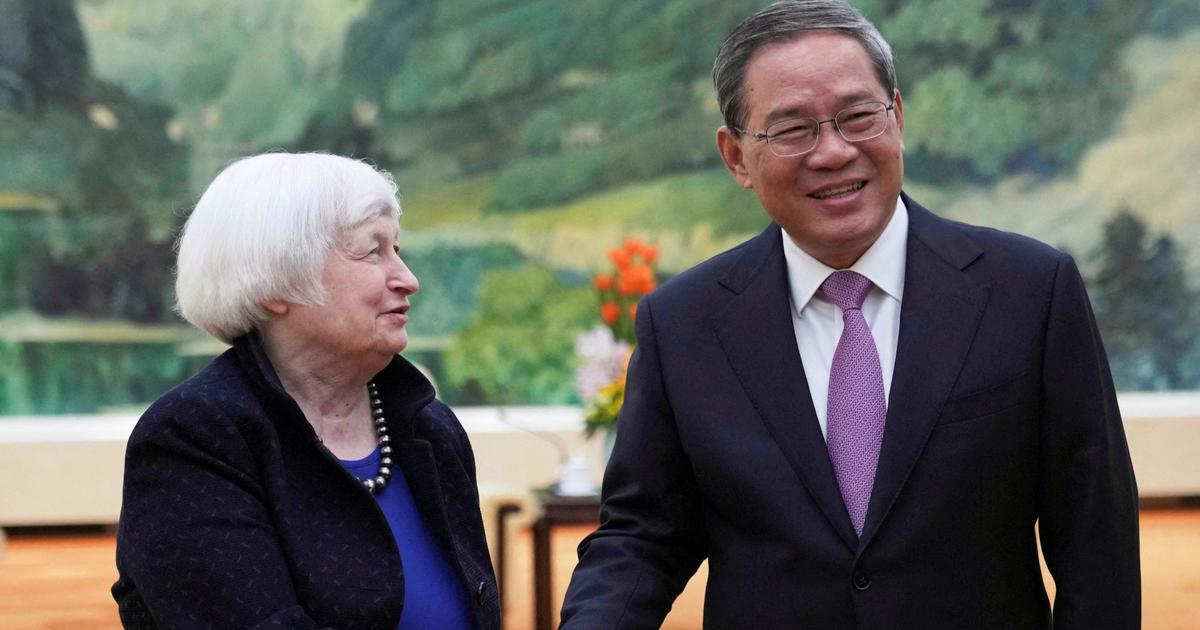Chinatown in New York City (archive image): The U.S. has arrested a 63-year-old man for betraying several activists to China. © Pierre-Olivier/Panthermedia/Imago
The U.S. has arrested a man for betraying dissidents of China. The People's Republic, in turn, has sentenced a 78-year-old US citizen to life imprisonment for espionage.
BEIJING/MUNICH – The United States has arrested a man who allegedly betrayed dissidents in the United States to the Chinese government. From 2018 to 2022, the 63-year-old, who was arrested in Massachusetts, is said to have transmitted information about activists from Boston and the surrounding area, the US Department of Justice said on Monday. These include opponents of the regime from China as well as "organizations with pro-Taiwanese tendencies." The man was arrested a week ago. But the ministry announced the case on the very day that a 78-year-old American was sentenced to life imprisonment for espionage in China. This was also announced by a court in the eastern Chinese city of Suzhou on Monday.
However, the court did not give any details about what the authorities are accusing John Shing-Wan Leung, who has a U.S. passport as well as a permanent residence in Hong Kong. Leung had already been arrested in April 2021. Now his assets in China, the equivalent of about 66,000 euros, have also been confiscated. The U.S. Embassy in Beijing confirmed the conviction, but also gave no details. "The State Department has no greater priority than the safety of U.S. citizens abroad. For data protection reasons, however, we do not make any further comment," said a spokesman for the US broadcaster CNN.
The two cases come at an inopportune time. The U.S. and China are currently trying to get a little closer to each other again; there have been several high-level meetings. One topic was the clarification of the case of the Chinese spy balloon that Washington spotted over US territory a few months ago and then shot down over the sea.
At the same time, there is considerable unrest among foreigners in China due to a recent tightening of the espionage law. At the end of April, Beijing amended the espionage law to protect not only state secrets, but also very vaguely defined "national interests". The new version will come into force in July and will massively expand the powers of state security. Thus, the law will make it much easier for the authorities to carry out raids and arrests without a court order.
China's Espionage Law: Foreign Companies Fear More Arbitrariness
The fact that Beijing is serious is shown by an anti-espionage campaign against international consulting firms in recent weeks. Thus, in a coordinated operation, investigators in Beijing, Shanghai, Shenzhen, Suzhou and other cities examined the offices of international firms. It hits U.S. firms, but not only. In April, investigators seized several laptops and smartphones from the U.S. management consultancyBain in Shanghai. Bain said it would cooperate with the authorities.
The fact that an anti-espionage campaign is apparently being ramped up even before the official entry into force of the new version of the law worries companies from abroad all the more. In March, a Japanese employee of Astellas Pharma was arrested in Beijing on suspicion of espionage. Japan has since demanded the man's release. Also in March, authorities closed the Beijing office of the U.S.-based Mintz Group and arrested all five employees. The Mintz Group verifies compliance with legal requirements for company sales and IPOs. "The arrests and raids make a lot of people nervous," said a manager in Shanghai who asked not to be named.
China's New Law: Expanding the Definition of Espionage
Especially since the Espionage Act, which was originally enacted in 2014, also greatly expands the criminal offences due to the amendments that have now been adopted. Originally, it had defined espionage, as is customary internationally, as the illegal disclosure of state secrets. From July, the purchase or illegal provision of "documents, data, materials or objects related to national security" will suddenly also be included, as the Japanese newspaper Nikkei Asia reports, citing the text of the law.
0
Also Read
Violent explosions over Kyiv – Lukashenko reappears
READ
Fraud allegation: Philipp Amthor faces million-dollar lawsuit
READ
Russian occupiers in Ukraine respond to offensive – more than 150,000 troops stationed
READ
Greens joke about CSU "clamour" for nuclear power plant shutdown – but Bavaria needs foreign electricity
READ
Soldier reports on the battle for Bakhmut: "Russians must capitulate" - otherwise there is a threat of encirclement
READ
Fancy a voyage of discovery?
My Area
Furthermore, the law is directed against cyber attacks on government agencies or critical infrastructures by "espionage organizations and their agents". The authorities can ban Chinese citizens from leaving the country and prohibit foreign nationals from entering the country if they are suspected of endangering national security. The vague wording deliberately leaves open who could be an agent or pose a threat to national security.
"It is becoming increasingly important for foreign companies to be aware of what types of information they collect in China and, more importantly, how they collect it," warns Chinese business magazine Caixin. Companies, on the other hand, are puzzling: Is due diligence, the internationally customary process of scrutinizing potential Chinese business partners, already considered espionage? Or even market research, for example in the tech sector? In the past, foreign journalists or their Chinese employees have also been accused of passing on state secrets. Concern is also likely to grow among correspondents.
China: Citizens should monitor each other
At the same time, the law requires citizens to report all acts of espionage to the authorities. From July, transport and telecommunications companies will be obliged to provide technical support for anti-espionage measures, such as cameras. Above all, it is these elements that could restore denunciation and surveillance on a scale not seen since the end of the era of Mao Zedong. People stationed in or traveling to China "need to be aware that they are under constant surveillance," Hiroki Seto of crisis management consultancy Sompo Risk Management in Tokyo told Nikkei Asia.
Conversely, against the backdrop of tense relations, the United States has also increasingly taken action against the Chinese in recent years over espionage allegations. Among other things, there were investigations against academics of Chinese origin. But even port cranes from the Chinese manufacturer ZPMC came under suspicion of espionage in the USA: US security officials expressed the suspicion in March that the sensors used by the cranes were able to register and track the origin and destinations of containers. After all: I









